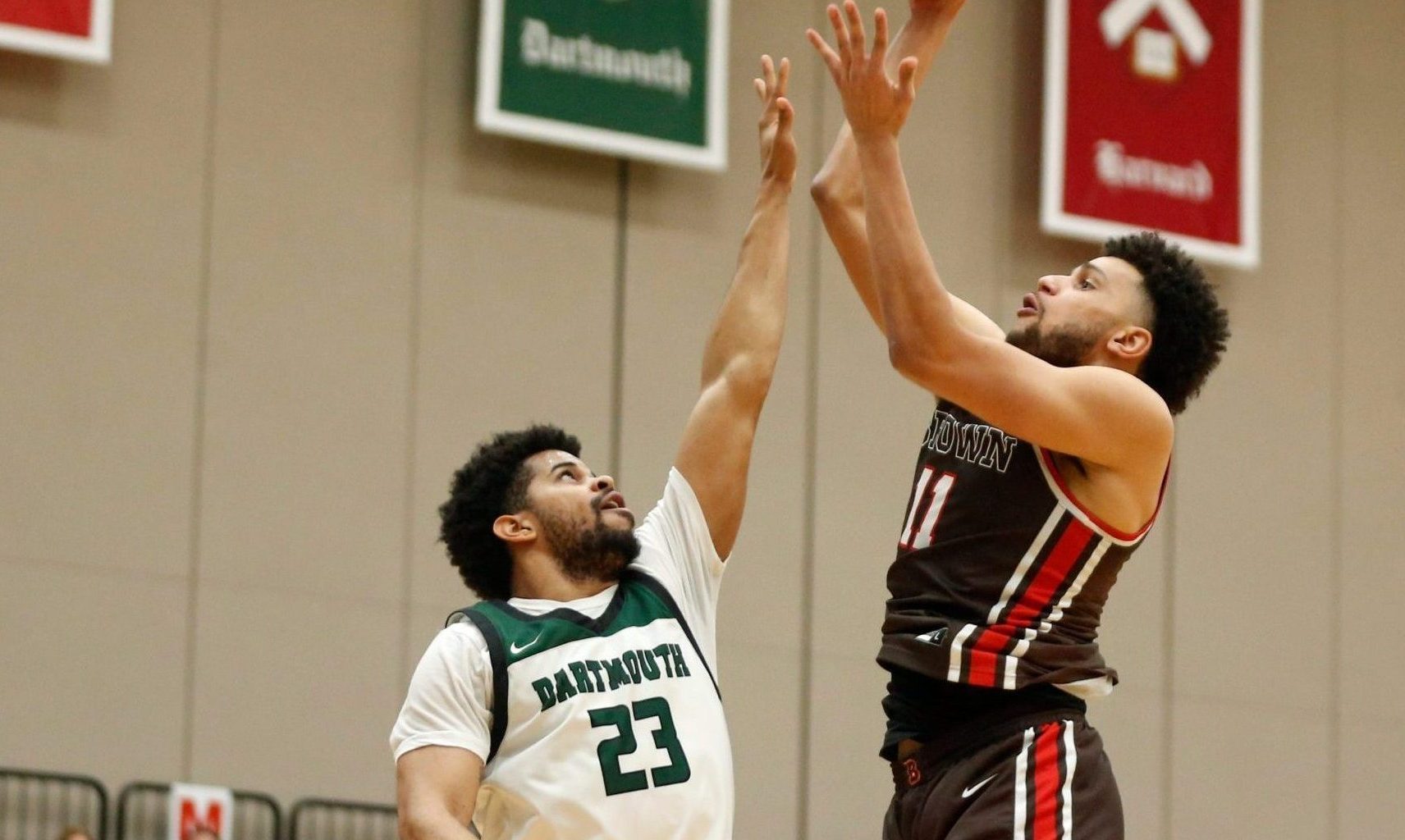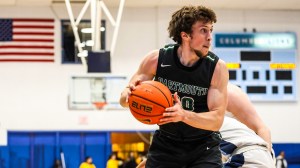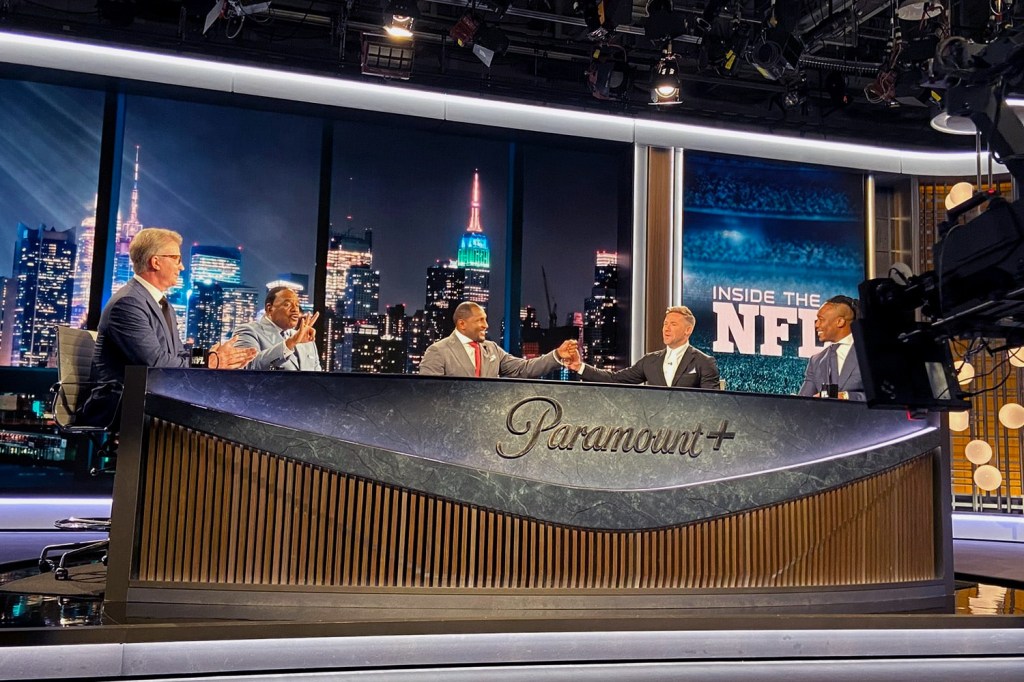After 11 congressional hearings, federal lawmakers appear to have finally started talking about the biggest issue regarding NCAA athlete compensation—and it’s not name, image, and likeness.
On Tuesday, the House Subcommittee on Education and the Workforce held the first congressional hearing on college athlete unionization efforts. The conversation focused on the implications of a recent National Labor Relations Board decision deeming Dartmouth men’s basketball players employees. Dartmouth players voted 13–2 to unionize last week, on the same day that House Republicans announced the scheduling of this hearing.
At the exact same time as the House gathering, Senator Ted Cruz (R., Texas) held a roundtable billed as a meeting about NIL—though collective bargaining and employee status ended up dominating that conversation, too. Cruz’s event appeared to draw more spectators, but that may have been due to its star-studded witness list, including former Alabama head coach Nick Saban and ACC commissioner Jim Phillips.
For athletic departments, conferences, and the NCAA, any “instability” created by the NIL market is small compared to the changes that collective bargaining could bring about. The NCAA’s entire business model is predicated on the idea that players are not employees. That’s why the NCAA and Power 5 conferences have spent millions of dollars over the past three years on federal lobbying.
Until now, lawmakers (especially those peddling the NCAA’s rhetoric) have framed all their conversations around the existential question of NIL. But because of the Dartmouth decision, they’re now considering whether athlete employment is the doomsday scenario.
In the House hearing, opinions of lawmakers largely fell along party lines: Republicans used the athlete unionization question to bash the administration’s general pro-labor practices, while Democrats used it as an opportunity to praise them. (President Biden held a pro-labor event for college athletes at the White House last November.)
At the Cruz roundtable, there appeared to be a consensus that “revenue sharing” between players and schools, conferences, and/or the NCAA was necessary, according to multiple reports. However, there was significant pushback about employee status. Saban, the highest-paid football coach in NCAA history, believes in revenue sharing—though he also complained about how NIL money changed certain players’ attitudes.
The Republican-led House hearing included three witnesses who were largely against athlete employment status. One notable witness, however, seemed in favor of it: former NLRB chairperson Mark Gaston Pearce, who presided over the national board a decade ago when it faced the question of whether Northwestern football players should unionize. Pearce explained that the NLRB declined to exercise jurisdiction in Northwestern because it didn’t want to create a situation in which private school athletes could unionize but not public school athletes (who the NLRB does not have jurisdiction over). Now, he says, the landscape has changed, and the NLRB could rule that athletes are employees of the NCAA or conferences, which are considered private entities.
While the conversations in Congress appear to finally have caught up to the reality of college sports, it’s unclear whether Capitol Hill will take any action. After more than three years, the NCAA has failed to push any federal NIL bill to a vote, partially because lawmakers disagree so strongly on whether protections for the amateurism model should be included. A bill focused solely on amateurism is even more controversial.
Sen. Cruz told reporters he believes there’s only a 50-50 chance that a law could be passed before the general election in November.






![[Subscription Customers Only] Jul 13, 2025; East Rutherford, New Jersey, USA; Chelsea FC midfielder Cole Palmer (10) celebrates winning the final of the 2025 FIFA Club World Cup at MetLife Stadium](https://frontofficesports.com/wp-content/uploads/2026/02/USATSI_26636703-scaled-e1770932227605.jpg?quality=100&w=1024)











